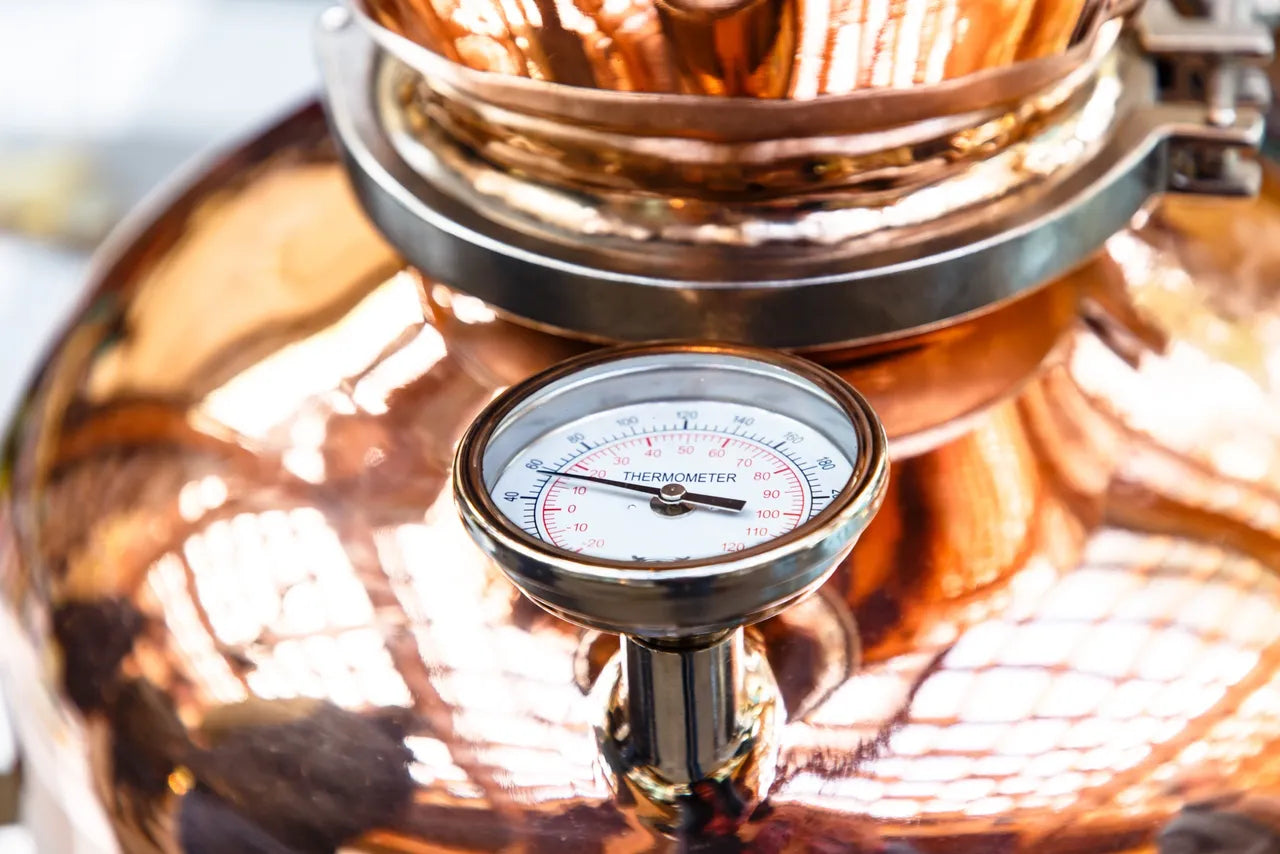History of Gin Making

HISTORY OF GIN MAKING

HISTORY OF GIN
Gin is a spirit enjoyed for centuries, crafted by distilling juniper berries and other botanicals with alcohol, producing a complex and flavourful drink. Its origins date back to 11th-century Italy, where monks experimented with juniper-infused wine as a medicinal tonic believed to aid digestion and treat the plague. By the 16th century, gin, or jenever, had reached the Netherlands, where it became a popular medicinal drink and was exported to England, quickly gaining favour among the working class.

In England, gin was first sold as medicine, but it soon became a cheap alternative to beer, leading to the notorious 18th-century “gin craze.” Excessive consumption prompted the Gin Acts of 1729 and 1736, imposing taxes and regulations that curbed overindulgence but also gave rise to underground bootleg gin. The 19th century saw a resurgence with London dry gin, distilled with botanicals like juniper, coriander, and citrus peel, creating a crisp, clean spirit enjoyed neat or in cocktails.

Today, gin’s popularity continues to grow thanks to its incredible range of flavours and rich history. Craft distilleries, like Wicstun in East Yorkshire, produce small-batch gins, experimenting with botanicals to create both classic and adventurous blends. The gin and tonic has also made a comeback, offering endless customization with garnishes and tonics. Its adaptability, history, and craftsmanship ensure that gin remains a beloved choice for enthusiasts and mixologists alike.
WHY IS GIN SO POPULAR?
Gin, a quintessentially British spirit, has seen a remarkable resurgence in recent years. One reason for its renewed popularity is its incredible range of flavours. Craft distilleries, like Wicstun in East Yorkshire, use small-batch production to experiment with botanicals, creating profiles that range from classic London dry gin to bold, unconventional blends.
Another factor is gin’s rich history. Closely tied to British culture, its story spans from the 17th century through the notorious “mother’s ruin” of the 18th century to the refined spirit enjoyed today. This heritage adds depth and intrigue, giving gin a narrative as captivating as its taste.
The gin and tonic has also made a stylish comeback, allowing enthusiasts to personalize their drink with a variety of tonics and garnishes. With its adaptability, diversity, and focus on craftsmanship, gin continues to be a favourite for mixologists and consumers alike, offering a timeless taste of Britain’s liquid heritage.
SUBSCRIBE TO OUR MAILING LIST
Join our mailing list, you will receive a coupon for 15% off your first order.

